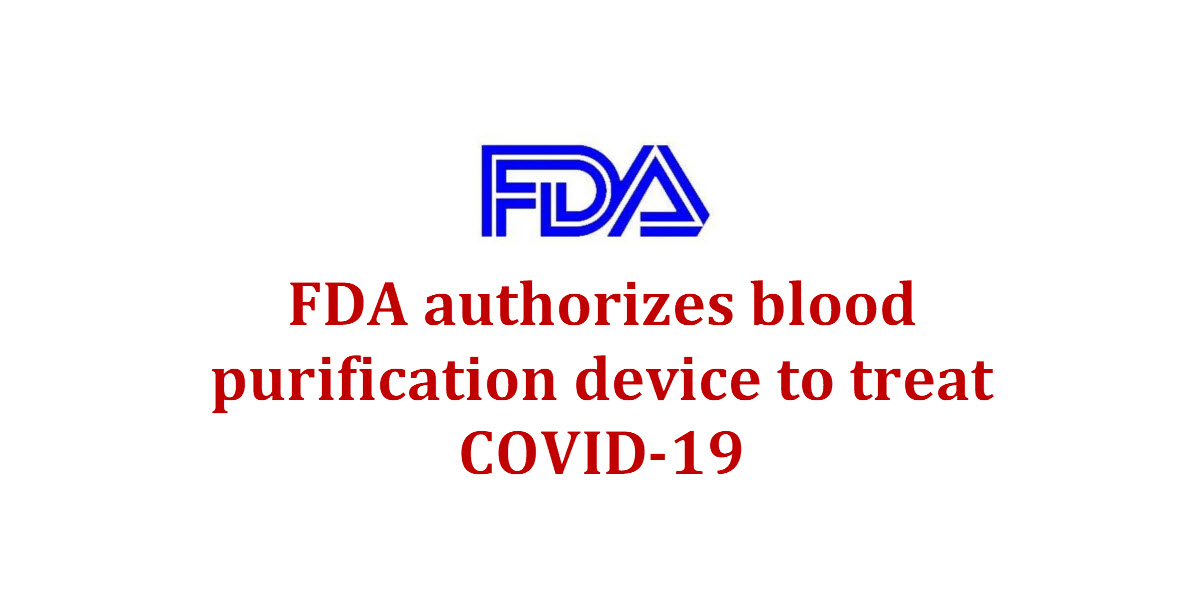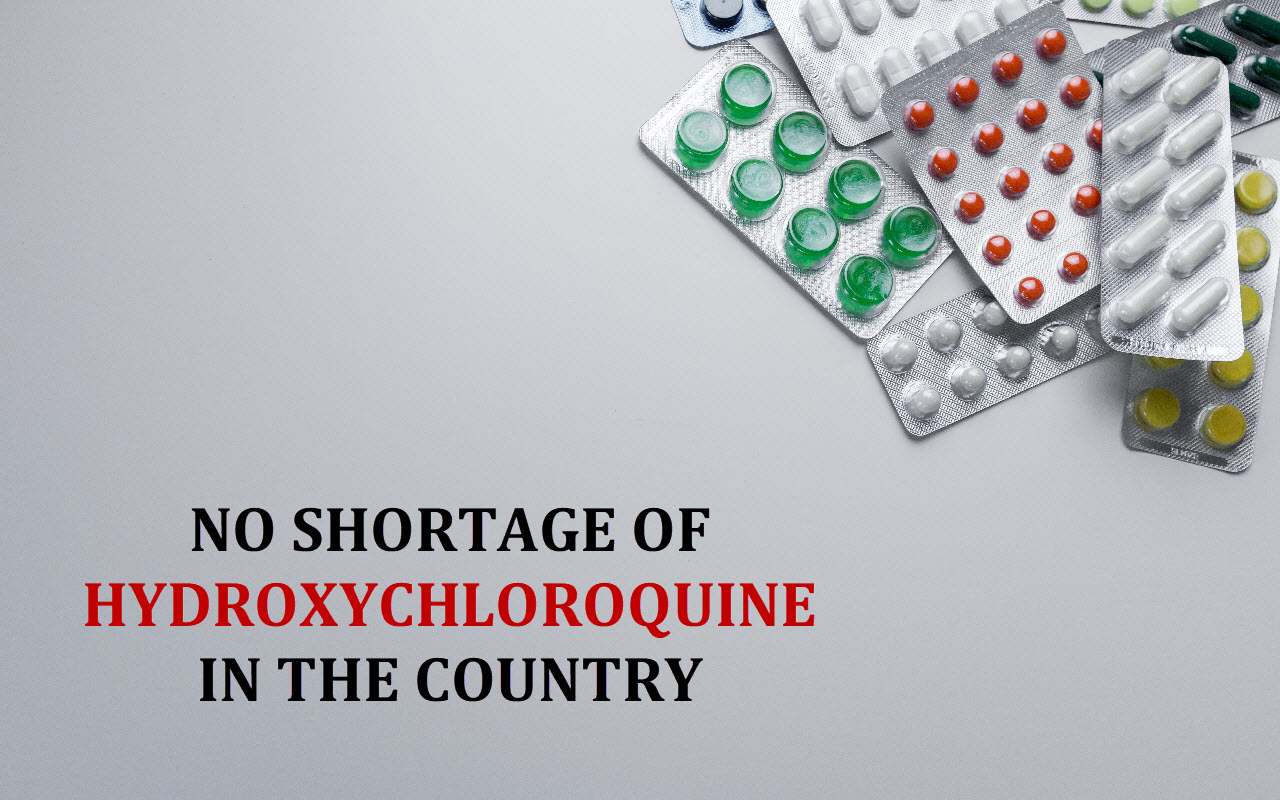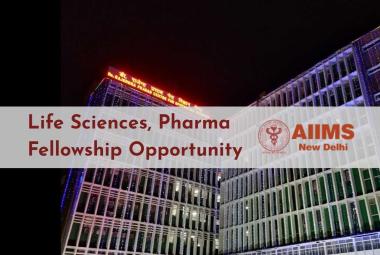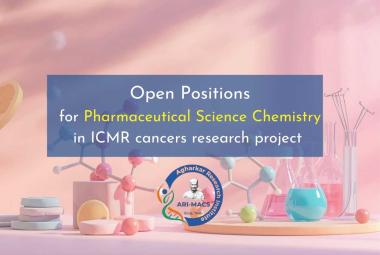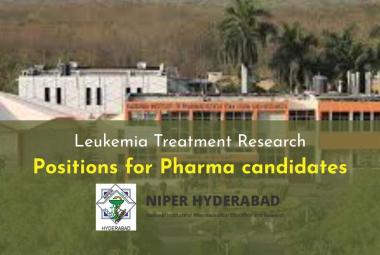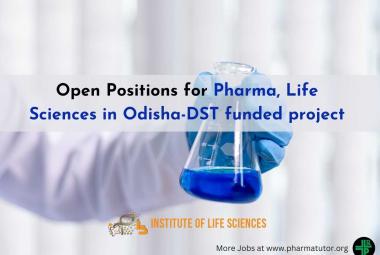CSIR-Central Electrochemical Research Institute (CECRI), a premier research establishment under the aegis of Council of Scientific and Industrial Research (CSIR), New Delhi, focussing on a gamut of problems covering all facets of electrochemical science and technology: viz., Corrosion Science and Engineering, Electrochemical Power Sources, Electrochemical Materials Science, Electro-organic and Electro-inorganic Chemicals, Electrodics and Electrocatalysis, Electro-metallurgy, Electro Plating and Metal Finishing Technology. CSIRCECRI's activities are directed towards the development of new and improved products and process as well as innovations in electrochemical science and technology. CSIR-CECRI runs several projects in collaboration with laboratories and private companies within and outside India.




